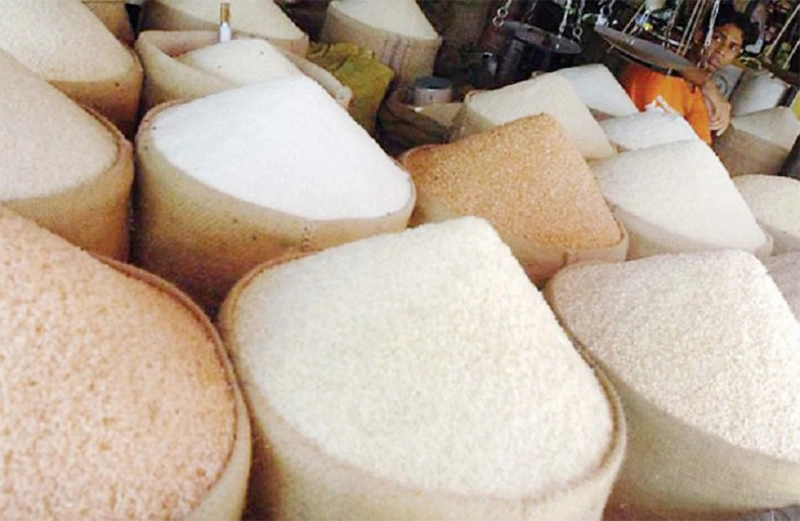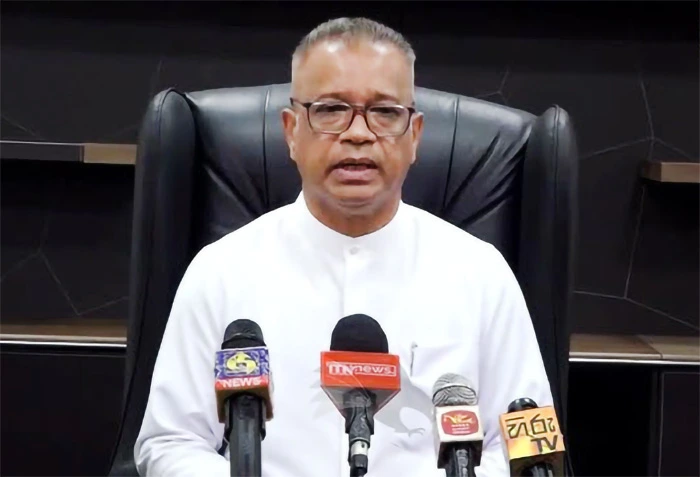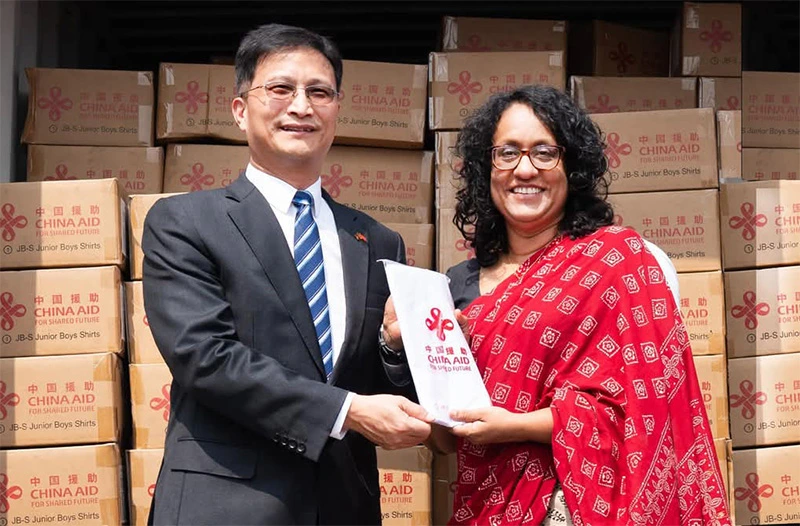News
APIIT Runner-up at 10th Bucerius International Mediation Competition in Germany

APIIT represented Sri Lanka at the 10th Bucerius International Mediation Competition, organised by Bodenheimer, in Germany, and achieved the position of Runner-Up Negotiator Team. The competition, held from November 29 to December 1, 2024, featured 22 teams from around the world in a hybrid format. It is recognized as a key platform for Alternative Dispute Resolution (ADR) skills.
The APIIT team, consisting of third-year law students Rabiah Husni, Zaynab Husni, and Kaviru Sudusinghe, participated entirely online. They advanced through the competition stages to reach the finals, becoming the only online team to do so. The event drew teams from countries such as Japan, Singapore, Poland, Ireland, India, and Germany. APIIT was also the sole Sri Lankan institution in the competition.
The team’s preparation was supported by APIIT alumni Tharuka Jayasinghe and Diluki Silva. The Bucerius competition emphasises negotiation and mediation skills, providing participants with practical experience and networking opportunities.
APIIT Sri Lanka offers higher education in partnership with the University of Staffordshire, UK, and serves over 3,000 students.
News
Price revision: Rice retailers ask for grace period

By Rathindra Kuruwita
Rice retailers were in trouble following the sudden imposition of price controls, the President of the Marandagahamula Rice Traders’ Association, B.K. Ranjith, told a media briefing on Wednesday (11).
He said rice millers usually released rice at Rs 215 per kilo, which is then supplied to retailers through intermediaries who transport it to shops.
Ranjith noted that on 7 December, the government had set maximum retail prices for rice with a kilogram of white kekulu capped at Rs 220 a kilo, nadu at Rs 230 a kilo, and keeri samba at Rs 260 a kilo.
“We have been receiving rice at prices ranging from Rs 10 to Rs 25 above these controlled rates. We have requested officials to grant us a few days to sell off the existing stock purchased at higher prices. However, the Consumer Affairs Authority (CAA) began conducting raids on 10 December. Now, we are left with no option but to incur substantial losses,” he said.
News
Proposed action against wild animals: Minister Lalkantha has undermined NPP manifesto, says MONLAR

By Rathindra Kuruwita
Minister of Agriculture, Livestock, Lands, and Irrigation K. D. Lalkantha’s recent statement that there are no legal restrictions on taking measures against wildlife that damage crops on private agricultural lands encourages farmers to violate the law, says Sajeewa Chamikara of the Movement for Land and Agricultural Reform (MONLAR).
Chamikara noted that such remarks undermined the principles outlined in the government policy declaration “A Prosperous Country, A Beautiful Life,” which emphasises fostering responsible citizens, developing human resources, and upholding the rule of law. “This shows that government Ministers are disregarding these principles. The legislative power granted to the government by the people, after the defeat of corrupt and authoritarian regimes in the past, was not intended to enable breaches of agreements made with the public within such a short period,” Chamikara said.
Under Section 53A of the Fauna and Flora Protection Ordinance No. 02 of 1937, as last amended by Act No. 07 of 2022, the use of poisons, explosives, or intoxicants to kill or immobilise wild animals is strictly prohibited. Section 52 of the Act further makes it illegal to use artificial lighting to dazzle or lure animals or to act in a way that facilitates their capture.
“Additionally, Section 52A prohibits the use of food items, scents, colours, or any material or device to attract or entice animals for capture. Section 53A also forbids the possession of any animal killed or captured using poisons, explosives, or intoxicants,” Chamikara said.
According to Section 58, individuals guilty of such offences face penalties of fines between Rs. 15,000 and Rs. 30,000, imprisonment for one to two years, or both. Section 59 clarifies that anyone who attempts or abets the commission of these offences is equally culpable and subject to the same penalties.
Chamikara warned that if Minister Lalkantha’s suggestion to control wild animals on private agricultural lands like other agricultural pests is acted upon, it would result in direct violations of the Fauna and Flora Protection Ordinance, carrying severe penalties. “By encouraging farmers to engage in illegal activities, the Minister has effectively facilitated potential breaches of the law,” he said.
Under Section 59 of the Act, legal action could also be taken against Minister Lalkantha for abetting these offences. “Ignorance of the law is no excuse, a principle that applies equally to the Minister. Moreover, misleading farmers constitutes a significant injustice that warrants accountability,” he added.
Chamikara said that crop damage by wild animals is not only a legal fact but also common knowledge, and the underlying causes of this behaviour are well understood. “Wild animals have been forced into these situations due to human actions, such as the destruction and fragmentation of natural ecosystems for human settlements, commercial agricultural lands, and development projects. The introduction of non-native plantations like acacia, pine, eucalyptus, and teak, along with the spread of monoculture crops such as tea, rubber, coconut, oil palm, and maize, have exacerbated the issue. Additionally, invasive plants such as giant mimosa, lantana, and thorny creepers have proliferated in natural habitats, providing neither food nor shelter for wildlife,” he said.
These factors, Chamikara said, have caused species like monkeys, toque macaques, porcupines, wild boars, and peacocks to lose their habitats and foraging grounds, forcing them onto agricultural lands. He added that the reduction and fragmentation of natural habitats have also limited natural predators, leading to population increases in these species.
“In response, Schedule I of the Fauna and Flora Protection Ordinance designates certain mammals, including monkeys, toque macaques, wild boars, porcupines, and hares, as non-protected due to their status as agricultural pests. Similarly, Schedule III lists non-protected birds such as the Indian nightjar, crows, feral pigeons, spotted doves, and white-backed munias,” Chamikara said.
However, these animals and birds are deemed non-protected only within private agricultural lands. Even so, they cannot be controlled using chemicals, poisons, electrical traps, or intoxicants. Their control is permissible only through the use of a licensed firearm, as stipulated by law.
“To better address the issue of crop-damaging species, it is recommended that the Fauna and Flora Protection Ordinance be revised. Species like toque macaques and hares, which contribute minimally to crop damage, should be removed from Schedule I. Instead, more impactful species, such as toque langurs, should be included. Similarly, birds like feral pigeons and white-backed munias could be replaced with peacocks in Schedule III, as they contribute significantly to crop damage. This would ensure that the non-protected lists focus solely on species with substantial impact on agriculture,” Chamikara said.
News
Chinese grant: First batch of school uniform material arrives

Sri Lanka received the first shipment of fabric from the People’s Republic of China on Tuesday (10) as part of a larger grant to supply uniform materials for schoolchildren in 2025.
The fabric was officially handed over to Premier Dr. Harini Amarasuriya, who is also the Minister of Education, Higher Education, and Vocational Education, by Chinese Ambassador to Sri Lanka Qi Zhenhong during a ceremony at the Colombo Port.
The fabric will arrive in three shipments before the end of this year, with the first one now delivered.
Ambassador Qi noted that a total of 11.82 million meters of fabric, valued at approximately 5.2 billion Sri Lankan rupees (18 million U.S. dollars), will be provided.
In November, the Ambassador said the Chinese government would fully cover the cost of the fabric required for school uniforms for all public school students in Sri Lanka for the next school year, free of charge.
-

 News3 days ago
News3 days agoSri Lanka’s first seven-star hotel ready for opening in 2025
-

 Business2 days ago
Business2 days agoLaunching in Kandy of SL’s first seven-star hotel, valued at Rs. 9 billion
-

 News5 days ago
News5 days agoLocally produced superphosphate to be introduced next year to save foreign exchange
-

 News6 days ago
News6 days agoFirst Sri Lankan Buddhist monk in 105 years joins Oxford for MPhil in Buddhist Studies
-

 Features6 days ago
Features6 days agoAll quiet on home front – hence peek overseas
-

 Business5 days ago
Business5 days ago‘Hotel sector investment in tourism industry exceeding USD 15 billion despite facing stiff challenges’
-

 Editorial6 days ago
Editorial6 days agoMega crises and ad hoc remedies
-

 Business2 days ago
Business2 days agoSri Lankan appointed Vice President, Global Rural Tourism Council











